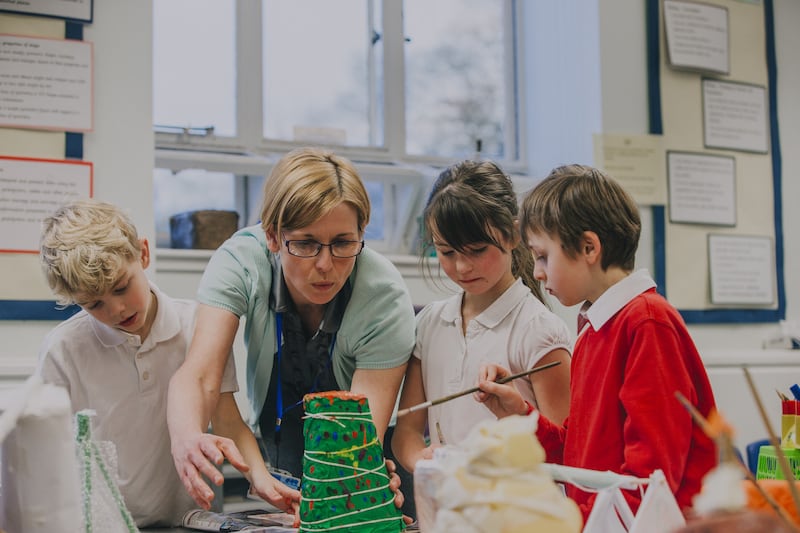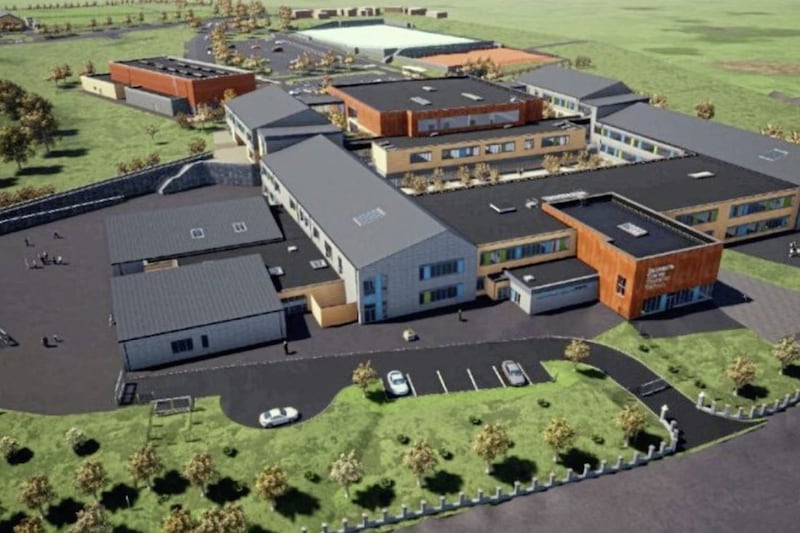SHARED education involves pupils from Catholic, Protestant and other backgrounds coming together for joint classes and activities.
Teachers and governors from different schools can also work together.
It differs from integrated schools, which is when children from Catholic, Protestant and other backgrounds, are educated under one roof.
An estimated £5 million a year is spent by the Department of Education (DE) on shared education partnerships with around 700 schools and pre-schools across the north receiving funding for projects as of June 2021.
More than 87,000 young people were involved in shared education projects pre-pandemic, with the funding allowing for schools to join together for trips and activities.
In September 2022, the-then education minister Michelle McIlveen launched the 'mainstreaming shared education' strategy, which aimed to set out DE's plans for embedding shared education throughout the north's education system.
Speaking at the time, Ms McIlveen said: "The benefits of shared education are clear.
"Shared learning experiences contribute to improved educational outcomes, and meaningful engagement between pupils from different backgrounds helps to promote good relations between communities."
Among the longest-running shared education partnerships is the link-up between Limavady High School and St Mary's High School.
The schools, which are next door to each other, are establishing a new shared education campus that will be used by students from both schools.
As well as promoting cross-community education, the campus will boast a range of new and upgraded facilities for pupils.
Just last month, former US Secretary of State Hillary Clinton awarded honorary degrees to the principals of the two schools for their shared education initiative.
She listed shared education as an issue that should be “top of our list of priorities,” in Northern Ireland.
Mrs Clinton, who is chancellor of Queen’s University Belfast, said "the work of sharing education and of expanding housing and of working to remove barriers and divisions in neighbourhoods and to tackle persistent poverty and unemployment are ones that have to be at the top of our list of priorities".
“No victory and no defeat is ever permanent," she said.
“Every generation has to continue to do its part to both preserve and expand opportunity.”








